Premium Only Content
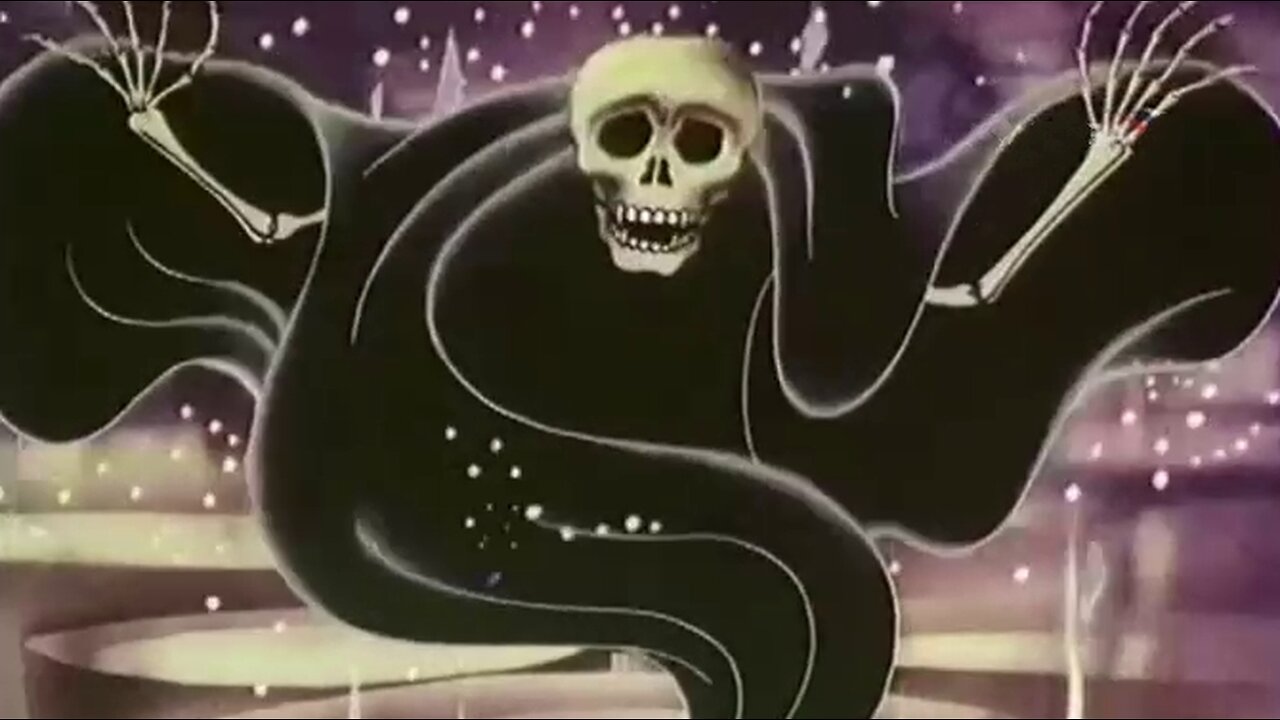
Mussorgsky - Night on Bald Mountain (Animation Film - 1998)
A 1998 Short Animation Film directed by Galina Shakitskaya.
Night on Bald Mountain, also known as Night on the Bare Mountain, is a series of compositions by Modest Mussorgsky (1839–1881). Inspired by Russian literary works and legend, Mussorgsky composed a "musical picture", St. John's Eve on Bald Mountain on the theme of a Witches' Sabbath occurring at Bald Mountain on St. John's Eve, which he completed on that very night, 23 June 1867. Together with Nikolai Rimsky-Korsakov's Sadko (1867), it is one of the first tone poems by a Russian composer.
Mussorgsky was part of a group of Russian composers known as "The Five" that was an innovator of Russian music and promoted a uniquely Russian aesthetic identity. Night on Bald Mountain does that by using a Russian folk story as the inspiration. Mussorgsky was the only member of the group, which included Rimsky-Korsakov and Borodin, who never left his native country. Born into wealth and lineage-his landowning family was reputedly descended from the first Russian Ruler, Rurik-Mussorgsky was sent to officers' school and was groomed to serve in the military, like many of the men in his family. Mussorgsky is one of the most daring and creative Russian composers of his time and his works are novel yet stylistically romantic. Many of his compositions are inspired by Russian history and Russian folklore; folk melodies and harmonies can frequently be heard in his works.
Mussorgsky's first ideas for the tone poem A Night on Bald Mountain were inspired by the ancient Russian legend of nocturnal revels that take place on St. John's Night in June on a hill called Lysa Hora near Kiev. The legend tells of a demon, Chernobog, who leads the revels until, in the composer's words, "the sounds of the far-off bell of the little church in a village...disperses the Spirits of Darkness." In 1860, Mussorgsky entertained thoughts of using this idea to write a one-act opera based on Nikolai Gogol's story the The Eve of Ivan Kupala. Ivan Kupala is a combination of St. John and a Slavic god, Kupalo whose feast day is the Summer Solstice. This idea didn't materialize and was transformed instead into a plan for a one-act opera based on Baron Mengden's play the Witches. Both projects were abandoned. In 1867, Mussorgsky had turned the music into what he called a "tone-picture" for orchestra. This piece was entitled St. John's Night on the Bare Mountain.
The score was modified several times before finding its present orchestration; Mussorgky's friend Nikolai Rimsky-Korsakov undertook the revisions and re-orchestration of the so called "fourth version" performed it on October 27, 1886 in St. Petersburg as A Night on Bald Mountain. Rimsky-Korsakov altered the ending of the work in his revision of the score. In Mussorgsky's original version, the ending is brutal and savage; Rimsky-Korsakov has the end fade away peacefully. Known as the "Rimsky-Korsakov version" it is a highly polished and effective score that has kept Mussorgsky's name before a wide public and has become one of the most popular works in orchestral literature.
The most recognized version of Mussorgsky's tone poem today comes from Walt Disney's 1940 animated film Fantasia as arranged by Leopold Stokowski. Stokowski based his arrangement on Rimsky-Korsakov's in form and content, but on Mussorgsky's original in orchestration. Although the most famous version of A Night on Bald Mountain, the Stokowski arrangement is rarely heard outside of the movie.
-
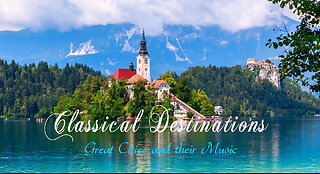 25:19
25:19
Adaneth - Arts & Literature
29 days agoClassical Destinations I | Bonn & Berlin: Beethoven (Episode 12)
40 -
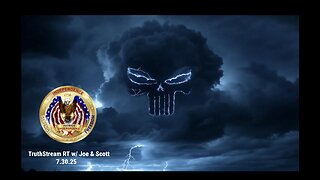 2:47:03
2:47:03
Patriot Underground
17 hours agoTruthStream RT w/ Joe & Scott (7.30.25 @ 5PM EST)
25.1K24 -
 11:25
11:25
Nikko Ortiz
13 hours agoMost Painful Fails
13.1K23 -
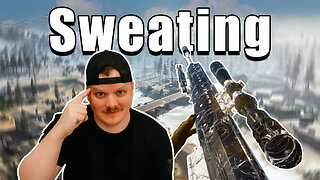 16:23
16:23
GritsGG
13 hours agoWorld Record Call of Duty Win Streak Attempting!
3.16K1 -
 2:02:54
2:02:54
Side Scrollers Podcast
18 hours agoJOEY SWOLL/HULK HOGAN CONTROVERSY + ONLINE SAFETY ACT + MORE | SIDE SCROLLERS
25.9K2 -
 1:05:44
1:05:44
Omar Elattar
9 months agoThe Digital Real Estate Expert: You're Being Lied To About Making Money Online!
4.61K -
 10:53
10:53
Nikko Ortiz
2 days agoWORST Clips On The Internet
86K27 -
 3:42:38
3:42:38
FreshandFit
12 hours agoREAL R*pe Victim Exposes Shannon Sharpe Accuser As Liar!
70.1K79 -
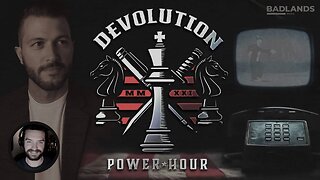 2:18:29
2:18:29
Badlands Media
14 hours agoDevolution Power Hour Ep. 376: Optics, Explosions & the War for the Narrative
144K43 -
 37:46
37:46
Stephen Gardner
13 hours ago🔥Trump NEVER expected THIS WIN as Schumer has EPIC MELTDOWN!
44K34